In this edition
- Celebrating Independence
- Bingocize®
- The Senior Farmers' Market Nutrition Program
- Nutrition Services Incentive Program
- Supplemental Nutrition Assistance Program (SNAP)
- The Senior Nutrition and Wellness Program
- Golden Groceries
- Home-Delivered Meals
About the Newsletter
In honor of National Disability Independence Month, read this informative article about celebrating independence. Learn how to contact the Nevada Care Connection Resource Center. Read about a new series of virtual Bingocize classes that will be starting soon! There are also resources for senior nutrition programs throughout the state.
Celebrating Independence
by Ellen Grossman
National Disability Independence Month celebrates the anniversary of the Americans with Disability Act (ADA), signed into law on July 26, 1990 by President George Bush. Not all older adults have disabilities, but it can be a struggle to maintain independence and battle against ableism.
Together, Nevada can support your independence!
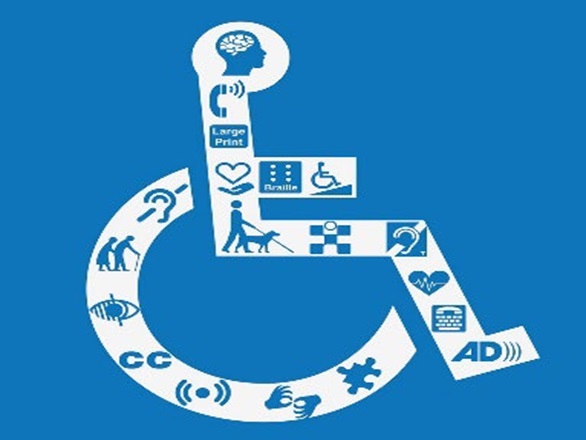
Handicapped placard with health icons
The truth is, we all want to be independent. We may move a little different, take the stairs a little slower, prefer a table to sitting in a booth, or engage in sports or concert events sitting in an accessible section of a stadium or theater. Canes, walkers or wheelchairs may not always signify those needing assistance. It’s sometimes hard to discourage the eager good citizen who runs to open the door for you and waits until you get to the door. But it may make you feel uncomfortable. You may be capable of opening a door yourself and now you are awkwardly rushing to the door, so they are not standing and waiting on you. Thank them and let them know that you need to do as much as you can by yourself to remain independent.
Here are some simple tips and suggestions we can all use as we rethink our independence and that of those around us:
Basic disability etiquette. Ask before you help. Many people want to do as much as they can independently. It’s true—if you don’t use it, you will lose it.
Refrain from grabbing someone’s arm. Doing so can inadvertently throw them off balance. Be aware of personal space including touching someone’s equipment or device.
Profusely apologizing after an awkward statement can sometimes be more offensive than the original statement. Older adults and adults with disabilities want to be treated like everyone else.
Restrain from making assumptions. Most individuals with a disability know their limitations. Allow them to make their own decisions about participation.
Use people-first language: A person living with a disability, instead of a disabled person.
Use the phrase older adult instead of senior citizen.
Try not to portray older people or individuals with disabilities as overly courageous or brave. It implies that it is unusual for older adults or people with disabilities to have talents or skills.
When socializing, focus on activities that you and others in your group can do together. Suggest meeting a little earlier so that friends who need more time or may walk at a slower pace have enough time to get to the venue or their seats. Think about restaurant choices when going out with someone who lives with hearing or vision loss. Everyone wants to be part of the conversation and a noisy eatery with low lighting may not be the best choice for everyone. Consider dietary restrictions or eating time convenience when dining out. Assistance reading small print on labels, menus and in reading material may not be needed or may be welcomed depending on the situation. Ask first—offering to help is different from assuming a need to help.
The World Health Organization's active aging and disability framework recognizes that these barriers need to be removed to increase potential for active aging. Consider examining your own ageist and disability stereotypes. According to National Public Radio correspondent, Ina Jaffe, “The clichés about aging and disability don't relate to the way many people over 65 are living their lives these days. They're working. They're traveling. They're volunteering.” Age and disability do not mean you cannot contribute your knowledge to family, friends or community. Ask for assistance when you need it to remain healthy and independent and politely decline it when you are fine and able to do on your own. Maintaining your independence is a lifelong goal and looks differently at different ages.
Visit Nevada 211 for more resources on staying independent.
Bingocize®
A new series of virtual classes will be starting soon!
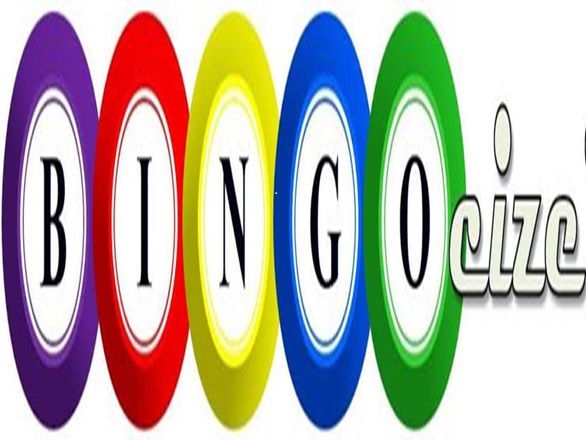
Bingocize is a 10-week, evidence-based older adult health promotion program combining exercise and health
information with the familiar game of bingo. It is a great way to get up, moving and socializing.
Please contact Kayla Ransom for virtual class information.
The Bingocize® Nutrition Workshops are written and developed by University of Nevada, Reno Extension in partnership with the Western Kentucky University Research Foundation.
Sign up for an in-person class or become a certified volunteer instructor!
The Senior Farmers' Market Nutrition Program
The Senior Farmers' Market Nutrition Program provides low income seniors with coupons that can be exchanged for eligible foods at participating Nevada farmers' markets and roadside farm stands. The purpose of this program is to increase the consumption, production and distribution of fresh, locally grown fruits and vegetables and to supplement the nutritional needs for Nevada seniors. Seniors must meet income criteria established by the federal government. This is a seasonal program in Nevada. Sign-ups and coupons are on a first-come basis.
To FIND THE LOCATION NEAREST YOU, CALL THE NEVADA DEPARTMENT OF AGRICULTURE, FOOD AND NUTRITION DIVISION AT (775) 300-3232.
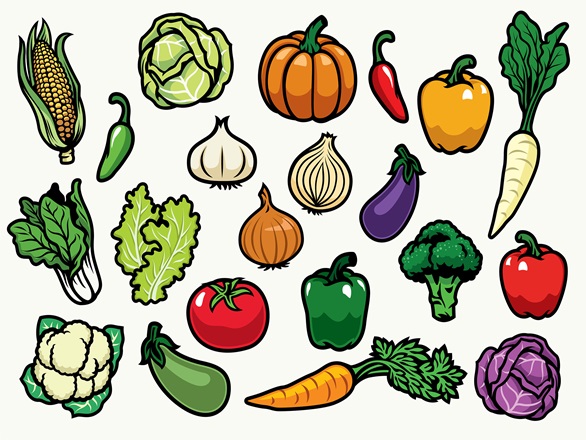
Multiple vegetables clip art
Nutrition Services Incentive Program
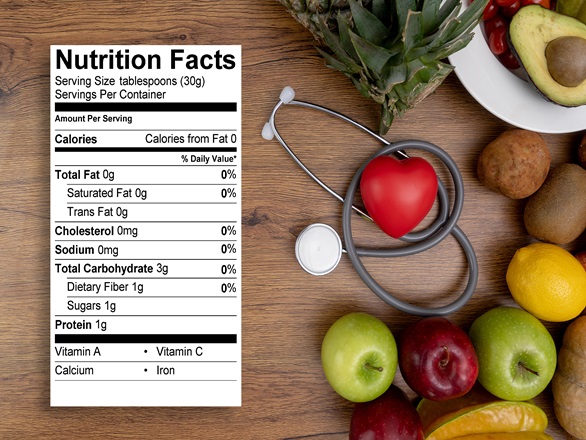
This program provides food or funding for food sourced in the USA to senior centers and older adult organizations that offer meals funded by The Older American Act Title IIIC. Organizations are offered an incentive to serve more meals and receive cash, commodities, or a combination of both to supplement their congregate and/or homedelivered meals programs. The program is funded through the Older American Act. Senior's spouses, adults with disabilities living with a senior, and volunteers younger than 60 may be served meals.
To find a site visit Nevada 211
Supplemental Nutrition Assistance
Program (SNAP)
SNAP, formerly the Food Stamp Program, provides food benefits to low-income families to supplement their grocery budget so they can afford the nutritious food essential to health and well-being.
To apply for SNAP
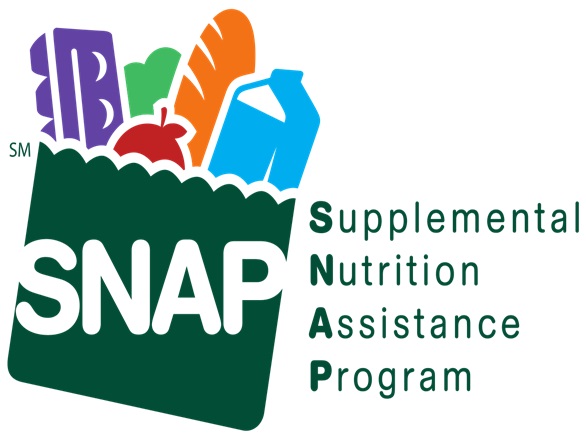
SNAP logo
Special SNAP rules exist for households with older adults or adults with disabilities. In SNAP, you are an older adult if you are 60 years or older.
Disabilities are outlined here
The Senior Nutrition and Wellness
Program
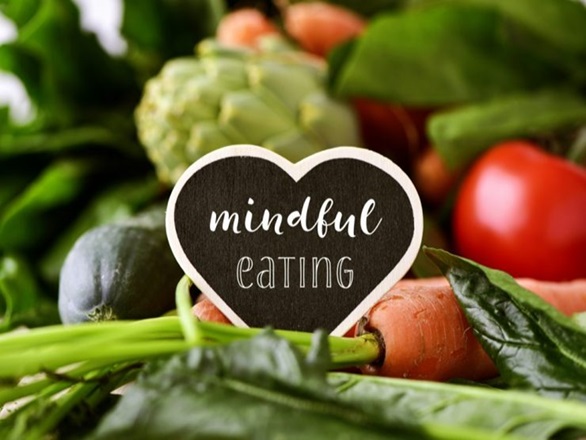
The Senior Nutrition and Wellness program, previously the Commodity Supplemental Food Program as it is referred to by the U.S. Department of Agriculture, offers monthly food packages for adults 60 and above years of age and incomes at or below 130% of poverty levels to improve the health by supplementing their diets with nutritious USDA Foods.
For more information regarding the Senior Nutrition and Wellness Program
Golden Groceries
Golden Groceries can be found at various locations across Nevada.
To find a location near you if you live in Northern Nevada, please visit Food Bank of Northern Nevada (FBNN).
Food Bank of Northern Nevada
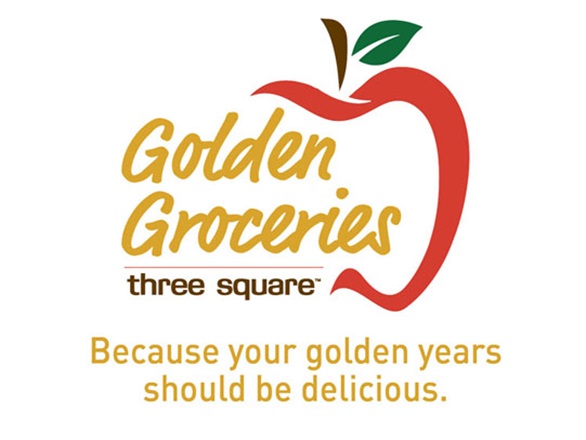
Golden Groceries logo
To find a location near you if you live in southern Nevada, please visit Three Square Food Bank.
Three Square food bank
Home-Delivered Meals
Home-delivered meals are offered throughout Nevada by numerous service organizations.
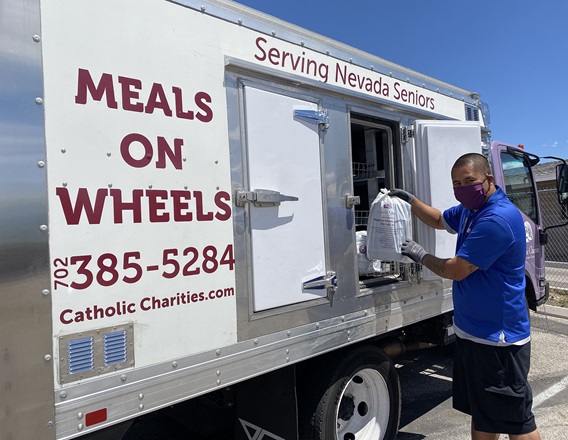
You can contact Catholic Charities in Clark County and your local senior center or county/city administration office to find a service near you.
Catholic Charities
Nevada requirements include being over 60 years old, homebound due to illness, physically or cognitively impaired or geographically isolated.
to find food and other services with 211


